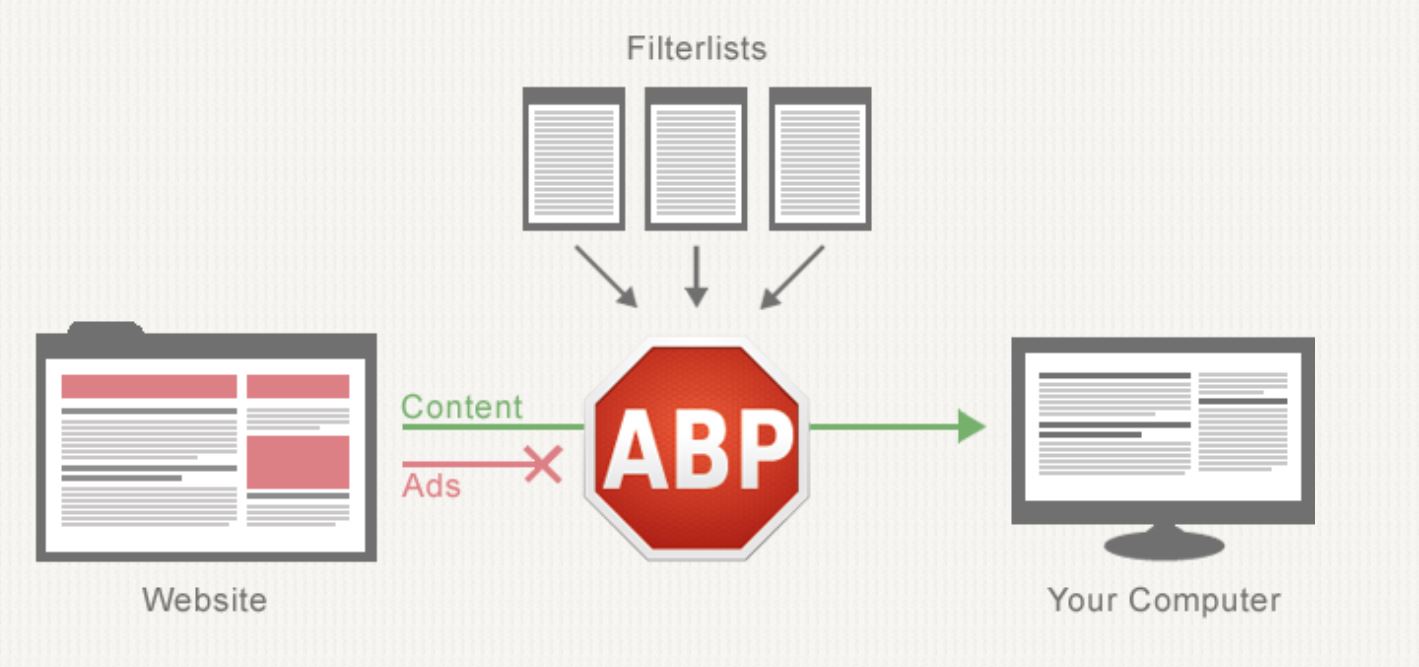Google wants to reserve good ad blocking only for paying enterprise customers
2 min. read
Published on
Read our disclosure page to find out how can you help MSPoweruser sustain the editorial team Read more

A comment by a Google engineer has thrown new fuel on the Google Chrome ad-block fire.
In January Google set off the furore by announcing plans to deprecate the webRequest API, used by Ad Blockers to stop browsers from downloading ads.
Google’s replacement was believed to be much less effective, offering a rule-based system which only offered space for 30,000 rules, when many blocking extensions used more than 75,000.
Google claimed the limitation was for performance reasons, though end users and developers noted that ads and trackers slowed down web pages an order of magnitude more. In the response, Google said they may increase the number of rules allowed, depending on their own performance tests.
Now Google has, in fact, revealed that they are not deprecating the webRequest API, but only the blocking element (clearly showing that they are targeting ad blockers) but also revealed that Google Suite enterprise customers will not be so encumbered.
Simeon Vincent, Developer Advocate for Chrome Extensions at Google, said on the Chromium Google Group for extension developers:
Chrome is deprecating the blocking capabilities of the webRequest API in Manifest V3, not the entire webRequest API (though blocking will still be available to enterprise deployments).
The revelation has led pundits to note that effective ad blocking posed an existential threat to Google, which still largely depended on display ad income.
The lead developer of uBlock Origin, Raymond Hill, rather pithily notes:
Google’s primary business is incompatible with unimpeded content blocking. Now that Google Chrome product has achieve high market share, the content blocking concerns as stated in its 10K filing are being tackled.
In their recent SEC Form 10-K Google notes:
New and existing technologies could affect our ability to customize ads and/or could block ads online, which would harm our business.
The news exposes the conflict of interest between Google owning both the content and the universal content delivery vehicle (the browser) and using one, in turn, to prop up the other.
Do our readers agree that it may be time to break up Google? Let us know below.
Via 9to5Google









User forum
0 messages